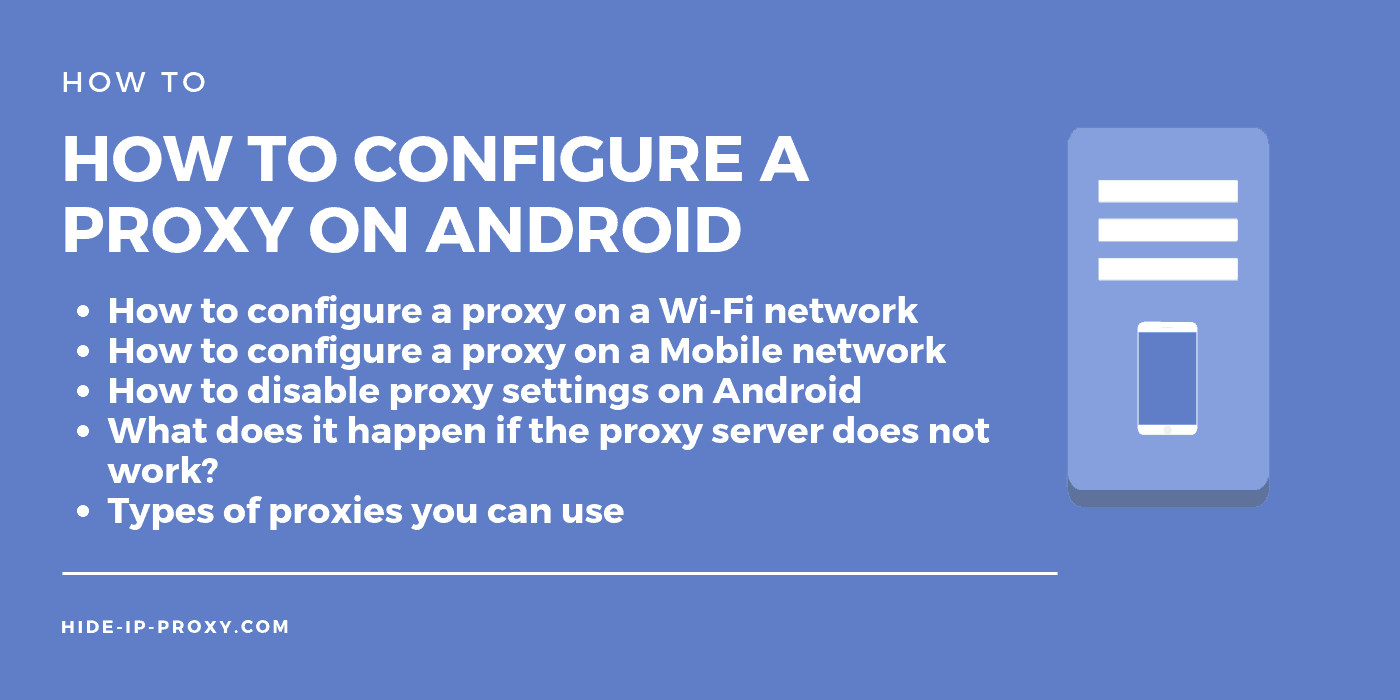The term proxy is not new to us. If you are an internet lover, you must have come across this word. So, what is the meaning of proxy? A proxy server or just “proxy” is a computer that operates as the intermediary or gateway between the internet and the client computer and provides indirect network services to a client.
A proxy may reside on the user’s local computer, or at different points between the destination servers and the user’s computer. Once configured, a proxy server will intercept all requests from the client, and give a response from its cache memory or forward the client’s requests to the real/specified server.
Once the server has acquired the files or data, it will send it to the client’s computer. This process happens in such a way that there’s no direct contact between the client computer and the web page in question.
The client’s requests may include files or other data/resources that are available on different servers. Oxylabs goes greatly into detail all about what a proxy is, so we urge you to check it out to learn more about what a proxy is.
Meaning of Proxy: Types of Proxy Servers
Proxy servers are classified into different types based on the configuration, functionality, and purpose. Here are the most common types:
Forward Proxies
When you hear people talk about proxies, more often than not they are referring to this type of proxies. A forward proxy responds to a client’s request by retrieving files and data from different sources on the internet.
They act on the user’s behalf. To strengthen a local network’s security, forward proxies can be used with a firewall. This type of proxy is also known as an internet-facing proxy.
Reverse Proxies
Reverse proxies work in the complete contrast of forwarding proxies. While the forward proxies work on the user’s behalf, reverse proxies function on behalf of the destination server.
These proxies receive requests from the internet and forward them to internal network servers. Reverse proxies forward request to one or different servers, and the response is returned to the user’s computer. The client, in this case, will not know the origin of the response.
Unlike forward proxies, reverse proxies don’t hide the user’s identity; they conceal the identity of the destination (webpage) server. Apart from security and anonymity that these type of proxies provide to servers, they also serve as the load balancer for these servers. These proxies are also referred to as surrogates.
Open proxies
Open proxies are basically forward proxy servers. The only difference is that open proxies are accessible to any or all internet users. Open proxies receive and return requests from any client computer. They can be used to conceal the IP identity of the client and for user anonymity purposes.
Web proxy
These are the most common types of proxies. A web proxy responds to a user’s request by accessing data and files from cached web pages and files that are available in remote web servers.
They provide secure and reliable data access for local network users. In case the file requested by the client is not available in the cache, the web proxy will fetch it in the remote server. It will save a copy of the data in the cache before forwarding it back to the user.
Anonymous Proxy
These proxies don’t hide the client’s original IP address. They are used to provide adequate anonymity to most users. However, they can be easily detected.
Tunneling Proxies
These proxies are capable of passing the requests of a user and returns the responses without doing any modifications. They are also known as gateway proxies.
Transparent Proxy
These types of proxies are often used for overcoming simple IP bans and caching websites. They expose the user’s original IP address making them unideal for anonymous browsing.
Distorting Proxy
This type of proxy identifies itself as a proxy server and modifies the HTTP header to disguise the client’s original IP address.
Uses of a Proxy server
A proxy server can be used in different areas. Here are some of the areas you can use a proxy server.
- Content filtering – proxies can be used in an organization/institution to make sure that internet use of the employees is by the set policies. Offensive content or social media platforms can be blocked
- IP masking/brand protection – proxies offer anonymous browsing. This way, any given destination (webpage) server can’t obtain any information from the client
- Bypassing geo-restrictions and censorship
- Web scraping
- Proxies are able to cache files and data, thus improving the load time. Once data has been saved by the proxy, the server won’t have to request it the next time a client requests it
- Blocking malicious and suspicious websites
- Removing ads/ad verification
- Proxies can be used to compress network traffic. This helps in saving the bandwidth
- Proxies can be used to reformat web pages to suit a specific audience/organization
- Translation proxies have been developed to translate the content of a webpage into the preferred language of the client
Read More: Proxy Meaning | Be Anonymous Online | VPN Tips | Industry Report
Proxy use has been on the rise, thanks to the advantages associated with these servers. People and organizations use proxies for different purposes and reasons.
Many people use proxies to bypass censorship and restriction by masking their IP address. Having understood the meaning of proxy, you won’t have any trouble choosing the right proxy server.








